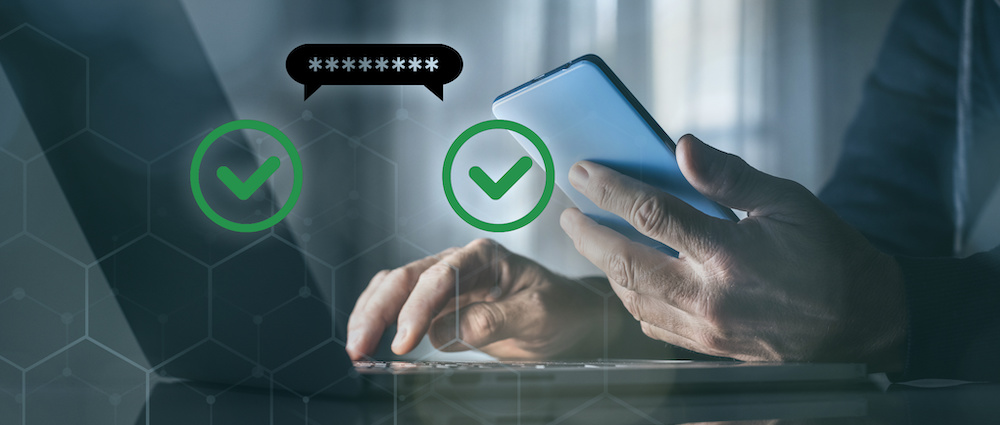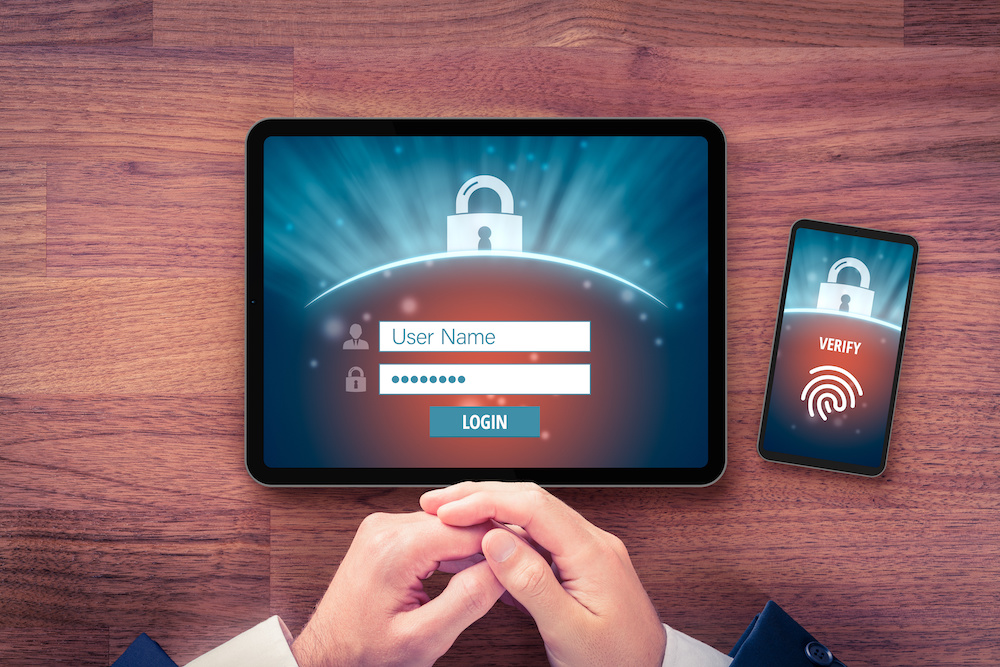Despite the abundance of advanced security measures available, data breaches continue to plague businesses worldwide. Multi-Factor Authentication (MFA), is a powerful, yet simple, tool designed to bolster your security framework. Did you know that MFA can block 99.9% of account compromise attacks? This blog will explore why adopting MFA is a must for every business.
What is Multi-Factor Authentication?
Multi-Factor Authentication, or MFA, is a security mechanism that requires users to provide two or more verification factors to gain access to a resource such as an application, online account, or VPN. Unlike traditional authentication methods that rely solely on passwords, MFA combines something you know (a password), something you have (a smartphone or hardware token), and something you are (biometric verification like fingerprints).
How MFA Differs from Traditional Authentication
Traditional password-based authentication relies on a single factor—something the user knows. While passwords can be strong, they are also vulnerable to phishing attacks, brute force attacks, and social engineering. MFA addresses these vulnerabilities by adding extra layers of security, making it substantially harder for unauthorized individuals to gain access.
The Factors Involved in MFA
- Something You Know: This is typically a password or PIN.
- Something You Have: Examples include a smartphone, security token, or smart card.
- Something You Are: Biometric verification methods like fingerprints, facial recognition, or voice recognition.
Importance of MFA in Strengthening Security
Incorporating MFA into your security measures significantly increases the protection of sensitive data. Passwords can be guessed, stolen, or hacked. However, combining multiple factors makes unauthorized access exponentially more difficult. MFA adds an extra layer of defense. Even if a hacker manages to obtain one authentication factor, they still need the additional elements to breach the system. This complex structure deters cybercriminals and protects your business from potential threats. Businesses like Google and Microsoft have implemented MFA to protect their valuable data. These companies report a significant reduction in unauthorized access attempts.

Reduced Risk of Data Breaches
Data breaches can have catastrophic consequences, from financial loss to reputational damage. MFA significantly mitigates this risk by ensuring that only authorized users can access sensitive information. A study by Verizon revealed that 81% of hacking-related breaches involved either stolen or weak passwords. By implementing MFA, businesses can drastically reduce the likelihood of such incidents occurring.
Compliance Requirements
Many different industries have regulations mandating the use of MFA to protect sensitive data. Implementing MFA helps businesses comply with these regulations, ensuring they meet legal standards and avoid potential fines and penalties. This also reassures customers that their data is securely handled.
Beyond compliance, MFA plays a crucial role in safeguarding sensitive data. Whether it’s financial information, personal data, or intellectual property, MFA ensures that only authorized personnel have access, minimizing the risk of data leaks.
User Convenience
A common misconception is that MFA complicates the user experience. However, modern MFA solutions are designed to be seamless and user-friendly. Many MFA systems offer one-tap approval using mobile devices or biometric verification, which are both quick and convenient. This ease of use encourages widespread adoption without sacrificing security. The best MFA solutions strike a balance between robust security and user convenience. They ensure that your business remains protected while maintaining a smooth and efficient user experience.
Final Words
Incorporating Multi-Factor Authentication into your business’s security framework is not just an option; it’s a necessity. As cyber threats continue to evolve, implementing MFA is a fundamental step that businesses must take to keep their information safe. Secure your business today with MFA and stay one step ahead of cybercriminals.
About ACT
Applied Computer Technologies (ACT) is a full-service IT provider, specializing in Reinsurance and Finance. Services include Cloud Services, IT Services and Support, Microsoft 365 and Azure Services, Business Continuity, Telephony and Virtual CIO Services. ACT has locations in Bermuda, Cayman Islands and Canada, with customers worldwide.
For the latest industry trends and technology insights visit ACT’s main Blog page.



